Buying a farm or ranch is a massive decision with tremendous regard to resources of both time and money. There are many factors to consider when researching a potential property.

-
Location: Consider the property location, accessibility to roads, and facilities like hospitals, schools, and stores.
-
Property size and boundaries: Determine the size of the property and verify its boundaries. It would be best if you considered your plans, whether you want to expand or keep the ranch as it is.
-
Water rights and sources: Check if the ranch has water rights and verify the water sources for irrigation and livestock. Also, are there irrigation systems? Is it side roll, pivot, flood, or tube? What are the age, condition, and efficiency of those systems? Is everything properly permitted?
-
Soil quality and topography: You should consider the soil quality and topography of the land, which is crucial for farming and livestock.
-
Zoning and restrictions: Verify the zoning regulations and rules in the area and check if the ranch allows the activities you want to pursue.
-
Infrastructure: Check the ranch’s infrastructure, including barns, outbuildings, fences, corral systems, and roads.
-
Legal and financial issues: Consult with a real estate lawyer to ensure the ranch has no legal issues, liens, or encumbrances. You should also consider the financial aspect, such as the ranch’s price and the running expenses.
-
Climate and weather patterns: Research the weather patterns in the area, which can significantly impact the ranch’s operations and productivity. Check if the ranch is prone to natural hazards like floods, wildfires, or earthquakes.
-
Stocking Rates: Determine the stocking rates for the property, which is the maximum number of livestock the land can support without degrading the soil, vegetation, or water resources. Overstocking can lead to environmental damage and decrease the productivity of the ranch.
-
Favorable Tax Climate: Wyoming is known for having favorable tax conditions compared to many other states in the US. Here are a few reasons why:
-
No state income tax: Wyoming is one of only a handful of states that does not collect a state income tax. This can significantly benefit residents, as they do not have to pay a portion of their income to the state government.
-
Low property taxes: Wyoming has some of the lowest property taxes in the US. The state collects property taxes based on a property’s assessed value, but the rates are generally lower than in many other states.
-
Low sales tax: Wyoming has a state sales tax rate of only 4%, among the lowest in the country. Local governments may also levy additional sales taxes, but the total rate is generally lower than in many other states.
-
Business-friendly tax policies: Wyoming has a reputation for being a business-friendly state, with low tax rates and minimal regulation. This can be a benefit to businesses that are looking to relocate to or expand within the state.
-
Wyoming’s tax environment can be attractive to individuals and businesses looking to keep their tax burden low. However, it is important to note that tax laws and regulations can change. Therefore, it is always a good idea to consult with a tax professional before making any major financial decisions.
Regarding buying land in Wyoming, it can be a good idea for those looking for a rural lifestyle or investing in agriculture or livestock operations. Wyoming has abundant natural resources, including fertile land, ample water, and favorable climate conditions for agriculture and livestock. The state also has a low population density, which provides a quiet and peaceful environment.
Consult experts: Seek advice from experts, such as real estate agents, ranchers, biologists, and soil specialists, to ensure you make an informed decision.
Working with a real estate agent specializing in Wyoming ranches is essential to get a more accurate idea of what a specific property may be worth. Our #1 Properties Ranch and Recreation team is ready to answer your questions. Find a qualified agent here.
****The information provided is intended for general informational purposes only and should not be relied upon as legal, accounting, or tax advice. Before making any decisions or taking action based on this information, you should consult a qualified professional in the relevant field.

